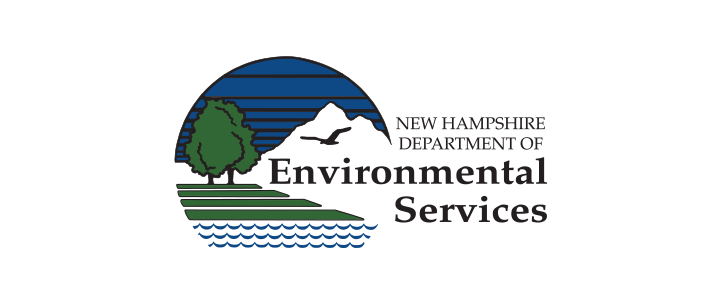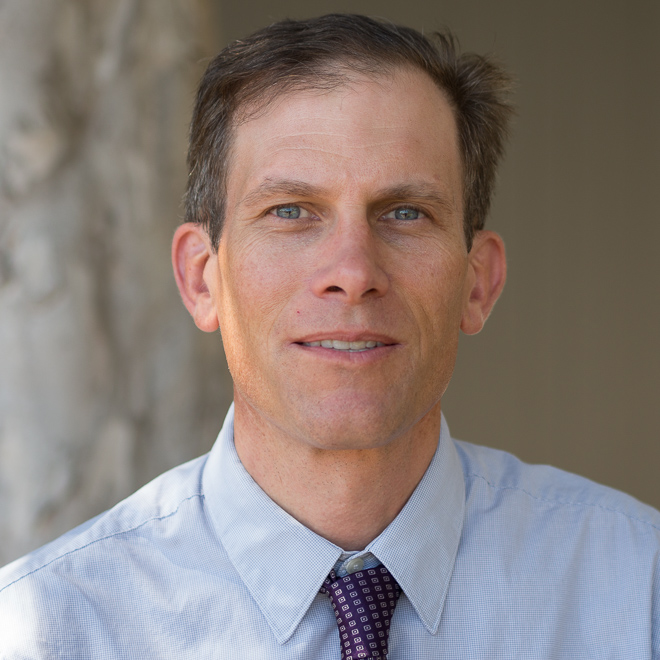
A New Leader for Land Resources Management
 The NHDES Land Resources Management (LRM) Program gained a new leader in January of this year when Philip Trowbridge returned to the agency after leaving in 2014 to work in California. Serving as the LRM Program Administrator, Trowbridge will oversee the permit programs that regulate land development activities throughout the state, including the Alteration of Terrain Bureau, Subsurface Systems Bureau, Wetlands Bureau and the Shoreland Program.
The NHDES Land Resources Management (LRM) Program gained a new leader in January of this year when Philip Trowbridge returned to the agency after leaving in 2014 to work in California. Serving as the LRM Program Administrator, Trowbridge will oversee the permit programs that regulate land development activities throughout the state, including the Alteration of Terrain Bureau, Subsurface Systems Bureau, Wetlands Bureau and the Shoreland Program.
During his first stint at NHDES, Trowbridge was in the Watershed Management Bureau, serving as the staff scientist for what is now the Piscataqua Region Estuary Partnership and as Water Quality Standards Program Manager. Trowbridge said he spent a lot of time out on boats collecting samples and wading through icy waters to measure chlorides near Interstate 93.
“This work gave me a great appreciation for the complexity and importance of water and water quality in New Hampshire, from rainfall to groundwater to wetlands to lakes, rivers and estuaries,” he said.
Trowbridge was honored with NHDES’ David S. Chase Award for Science in 2013.
Trowbridge left NHDES in 2014 to be the manager of the Regional Monitoring Program for San Francisco Bay. His role was to manage the overall program from strategic goals to day-to-day operations and everything in between, including finances and the particularly complex and important area of governance.
Returning to the East Coast 2018, Trowbridge served as the Assistant Director for the Water Planning and Management Division at Connecticut Department of Energy and Environmental Protection (DEEP). He supervised a team that did many of the same functions as the NHDES Watershed Management Bureau.
“DEEP is interesting because it is the equivalent of NHDES, Fish and Game, Public Utilities Commission, and parts of Department of Natural and Cultural Resources all in one big agency,” he said. “It was a great arrangement for integrating water quality programs with wildlife conservation and energy programs.”
Trowbridge sees a lot of opportunities for the LRM Program, starting with the caliber of people on the staff.
“First and foremost, we have great people,” he said. “One benefit of leaving NHDES for a while is gaining perspective on the quality of our staff. With great people we can do great things.”
One of those great things is keeping up with demand for permits, within statutory timelines, while making process improvements recommended by an external audit of the Wetlands Program. Secondly, the LRM Program is poised for more e-permitting solutions, capitalizing on the experience of having already transitioned the Subsurface Systems Bureau to e-permitting. Finally, the COVID-19 pandemic has highlighted strong public support for nature, water and economic development, and Trowbridge emphasizes that LRM staff are essential workers at the interface of these three things.
“I want to take advantage of this moment in time to show the value of our programs in people’s lives,” he said.




